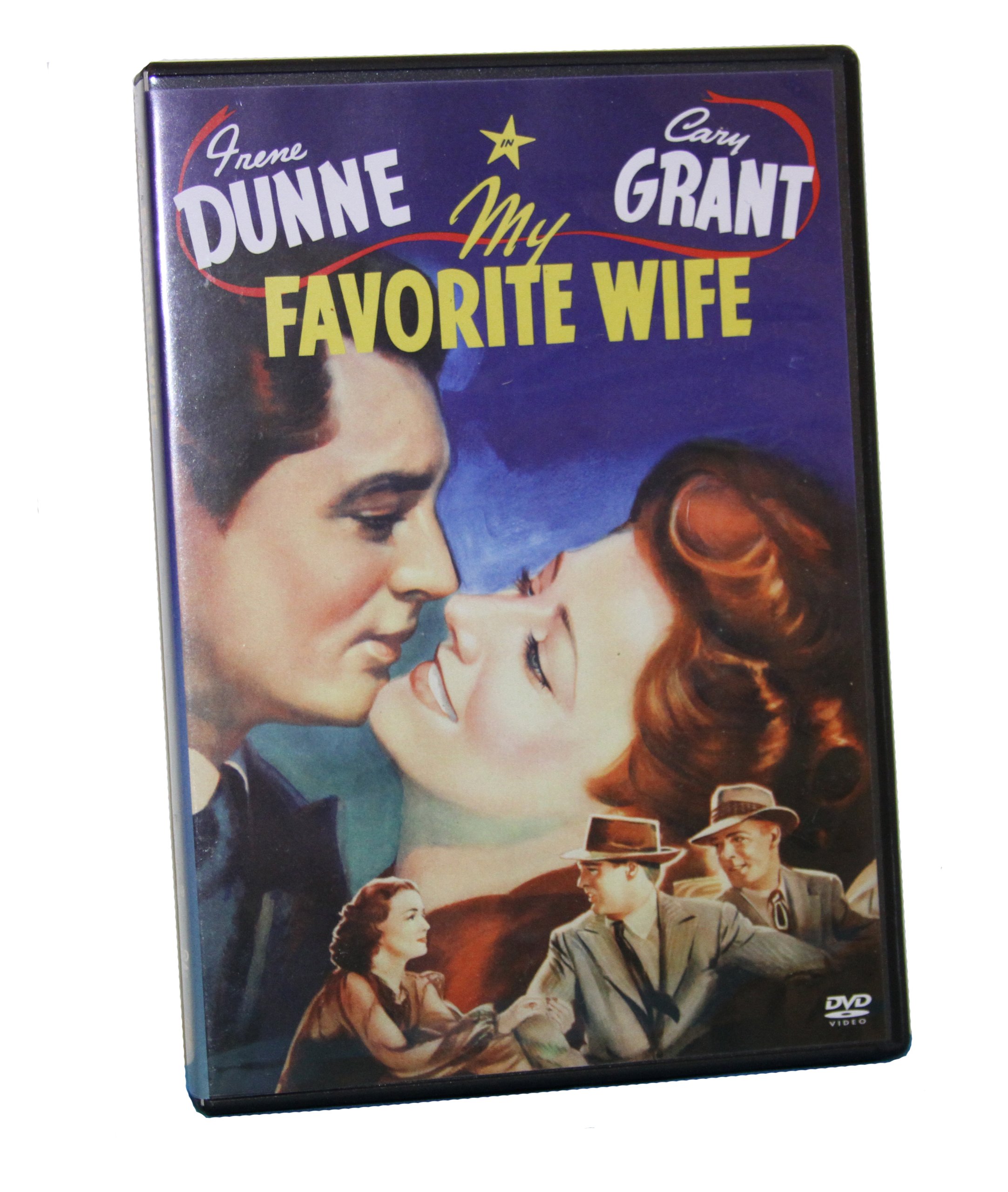Customer Services
Copyright © 2025 Desertcart Holdings Limited


Product Description My Favorite Wife (DVD)A funny thing happens to newlywed Nick Arden on his way to the honeymoon suite. He meets his wife. No, not his bride. He meets the wife who was lost at sea seven years ago and presumed dead. All aboard for a spinning marriage-go-round! Cary Grant, the screen’s ideal combination of romantic hunk and comedy buffoon, plays flabbergasted Nick. Radiant Irene Dunne, Grant’s The Awful Truth and Penny Serenade costar, plays the returned wife who cagily sets out to reclaim her former life. And Randolph Scott and Gail Patrick add to the marital mix-up as Nick goes from having one wife to two to none to one. The right one. What romantic comedy has joined together, let no one put asunder. Of all the giddy screwball comedies ever made, this remains an enduring favorite.]]> .com That delightful couple from The Awful Truth, Cary Grant and Irene Dunne, revisit the world of marital confusion. Presuming his wife to be dead, Grant remarries--on the same day that his bedraggled spouse (that's Dunne) returns. Seems she's been stranded on a desert island for seven years (with strapping hunk Randolph Scott, too). The moment Cary spots his resurrected wife, as an elevator door slides shut, is one of the many funny gags in this comedy, and the final sequence is memorably wacky. Awful Truth director Leo McCarey prepared the film, but it was directed by author Garson Kanin. The two stars are so adept at farce, and so effortless in conveying their characters' mutual affection, that the movie triumphs over the whopper of a plot device. It was supposed to be remade as the ill-fated Marilyn Monroe film Something's Got to Give, and ended up Move Over, Darling with Doris Day. --Robert Horton
Trustpilot
2 weeks ago
2 weeks ago
2 months ago
3 weeks ago